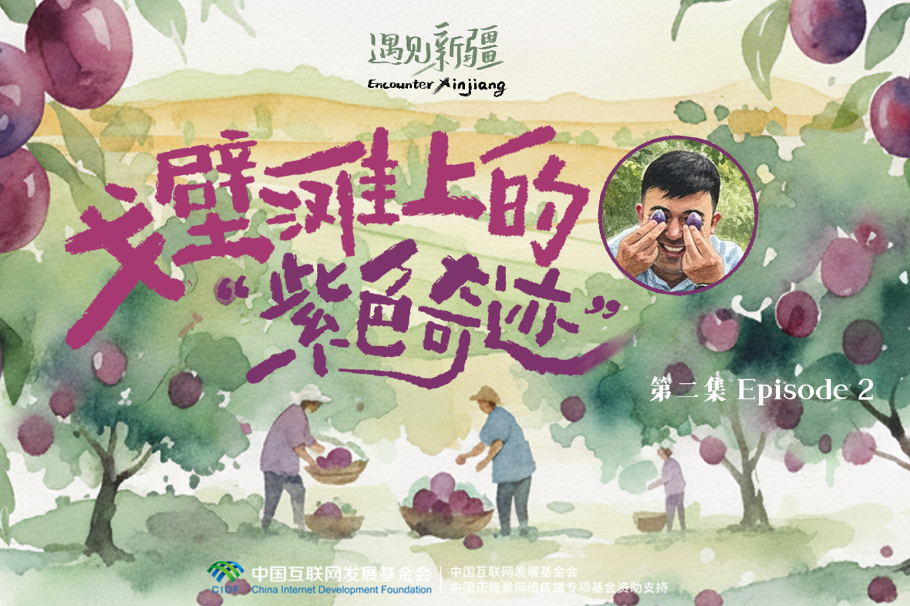Growing affinity for sports, the outdoors add luster to wool

Wool products designed for sports and outdoor activities are poised for significant growth in the Chinese market, driven by increasing wool adoption among brands in these sectors, said Jeff Ma, executive vice-president of Woolmark Greater China.
Ma highlighted that the demand trend for wool products in China is becoming more diversified and high-end. As consumers embrace quality lifestyles and sustainable fashion, wool's natural, renewable and biodegradable characteristics are increasingly favored.
"With the rise of sports and outdoor lifestyles, wool products have become the ideal choice for sports enthusiasts and outdoor explorers due to their excellent breathability, warmth and comfort," Ma said.
He added that as "more brands are doing light outdoor, leisure sports and sports fashion prefer to use wool, it is believed that sports and outdoor wool products have huge growth potential in the Chinese market".
Woolmark views China as a dynamic fashion region and a global center for wool research and development, having established several development and education centers across the country to support the industry and promote the use of high-quality Merino wool.
The organization has established several wool development and education centers across China with local partners and universities, including the first Wool Development Center in Shandong province's Yantai that was established in 2013 and a Wool Education Center at Donghua University in Shanghai in 2018, aiming to strengthen the wool supply chain in China and promote the use of high-quality Merino wool.
While the fast-changing market and consumer demand present challenges, Ma sees significant opportunities in China's rapid development, consumers' pursuit of quality and the national push for a low-carbon lifestyle, all of which boost the potential for the wool market.
Meanwhile, Chinese wool processing companies are undergoing a transformation from traditional manufacturing to a technology-driven industry to enhance their international competitiveness.
Executives from companies like Zhejiang Xinao Textiles Inc, a Chinese textile company based in Jiaxing, Zhejiang province, Jiangsu province-based Tianyu Wool Industry, and Chinese fashion brand ICICLE, highlighted investments in green and sustainable processing technologies, such as chlorine-free treatments and carbon footprint management, as well as the development of functional wool yarns with properties like high elasticity, waterproofing and moisture-wicking.
Companies are also upgrading equipment with intelligent and digital technologies, including AI algorithms to optimize production, according to Nora Gu, marketing manager at Xinao.
Strategies to boost international competitiveness include global production layouts, obtaining international certifications, collaborating with high-end and outdoor brands and fostering industry-academia-research collaboration.
According to John Williams, Australian consul general to Shanghai, China is the biggest consumer of wool and a global leader in wool processing. The partnership with Australia, the world's largest wool producer and exporter, is one that continues to grow and will benefit both countries.
The more than 50 years of collaboration between Australia and China in wool has seen complementarity in bilateral trade that has made the broader Australia-China commercial relationship stronger, he said.
Today's Top News
- Scholars warn US threatens global legal order
- UN chief warns of global chaos as US prioritizes power over intl law
- China to formulate plan on expanding domestic demand for 2026-2030
- Xi congratulates Central African Republic president on reelection
- Civil aviation readies for record rush
- Food can be re-engagement recipe for Beijing, Ottawa






























